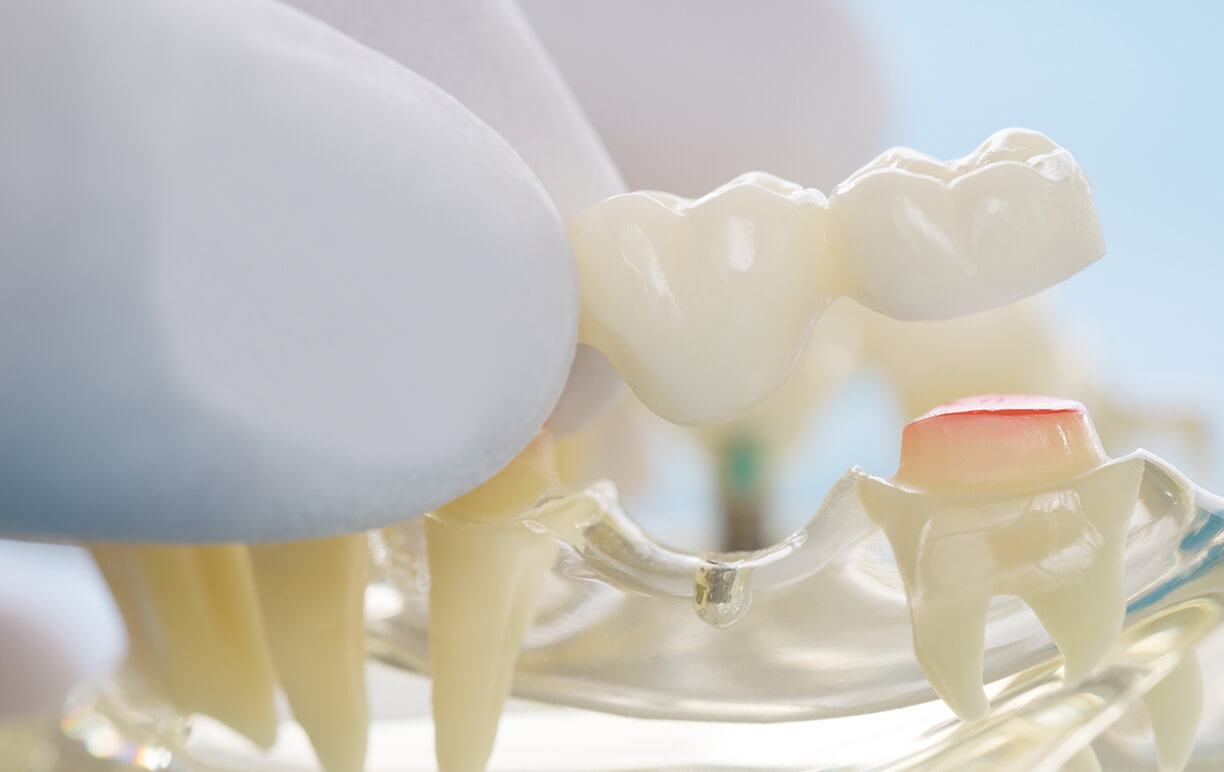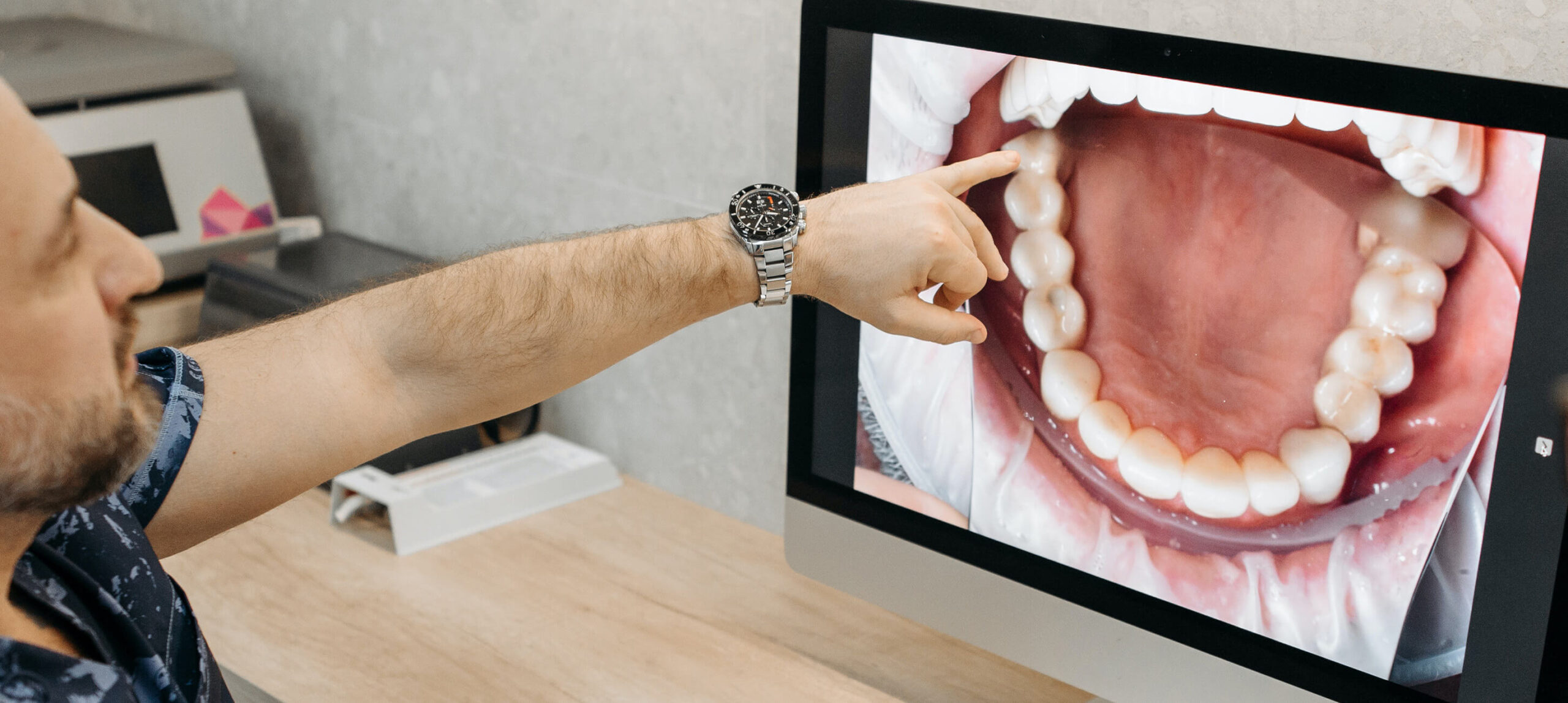A crown is a dental restoration that covers the entire tooth, protecting it from further damage and improving its appearance. If you are experiencing tooth pain, sensitivity, or visible damage, it may be a sign that you need a crown. Your dentist can perform an exam and take X-rays to determine the extent of the damage and whether a crown is necessary. Additionally, if you have had a root canal treatment, a crown may be recommended to protect the weakened tooth from further damage.
A well-maintained dental bridge can last for up to 10-15 years or even longer. It is essential to follow good oral hygiene practices, including brushing, flossing, and regular dental check-ups, to ensure the longevity of the dental bridge.
While traditional dentures typically need to be replaced every 5-7 years, implant-retained dentures can last much longer with proper care and maintenance. In fact, many patients can expect their implant-retained dentures to last for at least 10-15 years or more.
The dentist will use local anaesthesia to numb the area and make the procedure painless. However, you may feel some pressure or discomfort during the preparation of the teeth or gums before the fitting. After the procedure, you may experience some mild soreness or sensitivity. If the pain persists, you should contact your dentist as soon as possible.














